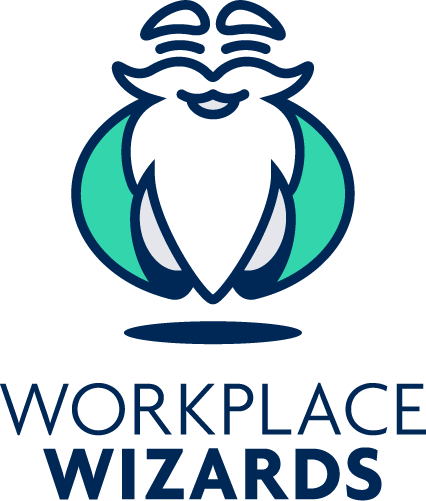In March 2021, the Fair Work Act was changed to introduce a definition of casual employment and include pathways for a casual employee to become a part/full time permanent employee. These changes have come into effect from the 27 March 2021.
The Fair Work Act’s new definition of casual employee is someone who ‘accepts a job offer, knowing that there is no firm advance commitment to ongoing work with an agreed pattern of work.’
There are two main changes for employers because of this new definition.
- If someone is a casual employee, they may become permanent employees through a process called ‘casual conversion’
- If someone is not a casual employee, the employer can offset the employee’s paid entitlement claim with the amount that the employee earned in casual loading
Casual Employees Becoming Permanent Employees
Certain casual workers can now become permanent employees through ‘casual conversion’.
This conversion can happen through either an employer offering a permanent position, or an employee requesting a permanent position.
Under the new law, an employer must make an offer for their casual employee to become permanent if:
- The casual employee has worked with you for at least 12 months
- They’ve worked in a regular pattern of hours for at least 6 of those months
- Can continue to work those hours as a permanent employee without significant changes
However, there are 2 exceptions to this. You do not have to offer this to your casual employees if you are a small business owner (have less than 15 employees) or, if you have reasonable grounds not to.
What are reasonable grounds? You can find a list of ‘reasonable grounds’ for refusing to make an offer here (under ‘Reasonable Grounds for not making an offer or refusing a request’)
Casual employees can also request to become a permanent employee if they have worked with you for over 12 months. However, to make a request, the casual employee needs to meet certain criteria – which is accessible here (under ‘employees requesting casual conversion’). The employer can also choose to refuse this request if they have reasonable grounds (as mentioned above).
What does this mean for employers?
- If you are a small business employer, you do not have to make an offer to your casual employees to become permanent. However, they can request this from you at any time after they have worked with you for 12 months.
- If you are not a small business employer, when you make an offer/choose not to make an offer may depend on when your employee started with you –
| Casual employees hired BEFORE 27 March |
You need to decide whether you will offer your existing casual employee/s a permanent position before 27 September. If your casual employee hasn’t been working with you for 12 months, then you can choose to not make an offer. |
| Casual employees hired AFTER 27 March |
You need to decide whether you wish to make an offer to your casual employee/s once they meet the criteria above (i.e., worked 12 months, in a regular pattern for at least 6 months and becoming permanent won’t cause a significant change). |
| Casual employees making a request | Your casual employees can only request to be converted into a permanent position after 27 September. |
There are also formalities involved in making and rejecting casual conversion offers, as well as responding to requests. If you would like more detailed information on what this is, you may start here.
Employers also now need to give their existing and new casual employees a ‘Casual Employee Information Statement’ (to access the statement and find out more visit here). This statement includes information such as when an employer should make an offer, when an employee can request a conversion, and what to do when there is a disagreement. Small business employers need to give this statement as soon possible after 27 March to their existing casual employees. Other businesses need to do this as soon possible after 27 September.
If your Employee is found to not be a casual
If your employee is found not to be a casual per the new definition, employers can offset entitlement pay out with casual loading.
As mentioned in our previous article here – a key part of the new reforms was to resolve the ‘double dipping’ issue of employers needing to provide paid leave entitlements to casuals even after paying casual loading. In the case of WorkPac Pty Ltd v Rossato [2020] FCAFC 84 (summarised here), the court decided that an employee who was not a casual could claim entitlements, and the employer was not allowed to offset this with the amount that they had paid in casual loading. However, the new legislation has changed this.
Now, where an employee is found to not be a casual under the new definition, the employer can offset the employee’s paid leave entitlements with the amount the employee has earned in casual loading. This means that where an employee may now be classified as permanent, the court will reduce the claimed amount by the amount of casual loading earnt by the employee.
What Next
Given these changes, employers may need to look over their current casual arrangements to see how the new definition may affect them. At the end of the article here, we have suggested some indicators to see if your contracts look like casual arrangements. If you are a business with more than 15 employees, you may need to start looking to make decisions about your casual employees before 27 September.
Of course, if you would like a confidential discussion about what these new changes mean for your business, please contact Susanna Ritchie on 0407 843 130 or susanna@workplacewizards.com.au.



0 Comments Leave a comment
Comments are closed.